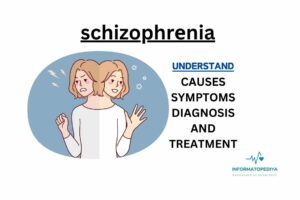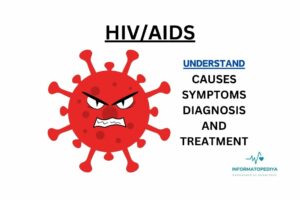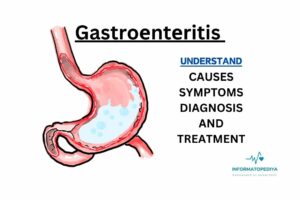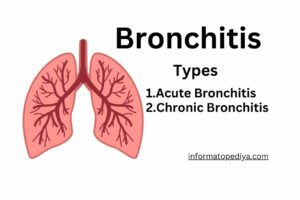
Table of Contents
What Is arthritis?
Introduction:
Arthritis is a common yet often misunderstood condition that affects millions of people around the world. In this article, we will provide you with a comprehensive overview of arthritis, including its causes, symptoms, diagnosis, treatment options, and strategies for effective management.
Definition:
Arthritis refers to a group of over 100 different inflammatory joint diseases. The most common types include osteoarthritis (OA) and rheumatoid arthritis (RA). These conditions can cause pain, swelling, stiffness, and decreased joint mobility.
Arthritis Causes:
The causes of arthritis depend on there type
Osteoarthritis (OA): often associated with aging and wear-and-tear, it results from the breakdown of joint cartilage over time.
Rheumatoid arthritis (RA): is an autoimmune disorder where the immune system mistakenly attacks healthy joint tissues.
Arthritis Symptoms:
Arthritis symptoms can include:
- joint pain and tenderness.
- swelling and inflammation.
- stiffness, especially in the morning or after periods of inactivity.
- reduced range of motion.
- fatigue.
- redness and warmth around affected joints.
Diagnosis:
Diagnosing arthritis involves a combination of medical history, physical examination, and diagnostic tests. Imaging studies like x-rays, MRIs, and blood tests to detect specific markers may be utilized to confirm the diagnosis.
Treatment:
While there is no cure for arthritis, various treatments can help manage its symptoms.
- medications: over-the-counter pain relievers, nonsteroidal anti-inflammatory drugs (NSAIDS), and disease-modifying antirheumatic drugs (DMARDS for RA).
- physical therapy: exercises to improve joint flexibility and strength.
- lifestyle changes: weight management, joint protection techniques, and adaptive aids.
- surgery: joint replacement surgery in severe cases.
Management:
Living with arthritis requires proactive management
- Exercise: regular physical activity can help maintain joint function and reduce pain.
- diet: a balanced diet with anti-inflammatory foods can be beneficial.
- pain management: use heat or cold packs, and follow your healthcare provider’s recommendations for pain relief.
- Stress management: high stress levels can exacerbate symptoms, so stress reduction techniques are important.
Conclusion:
Arthritis is a prevalent condition that affects the quality of life for many individuals. While it is not curable, timely diagnosis and proper management can help alleviate symptoms and maintain joint function. By following a comprehensive treatment plan and adopting a healthy lifestyle, individuals with arthritis can continue to lead active and fulfilling lives.
In brief:
Arthritis encompasses a range of joint diseases characterized by pain and inflammation. Although there is no cure, various treatments and lifestyle adjustments can help manage symptoms and maintain joint function.






